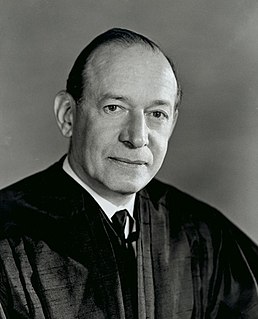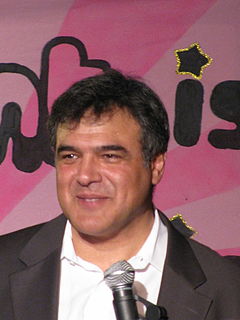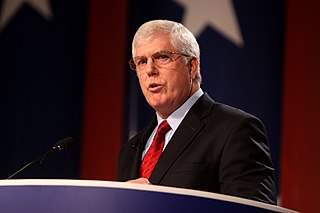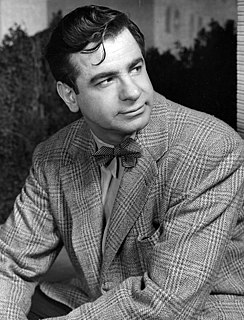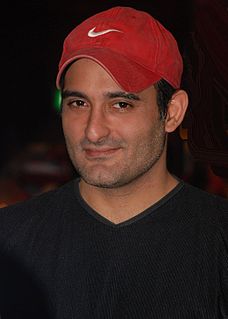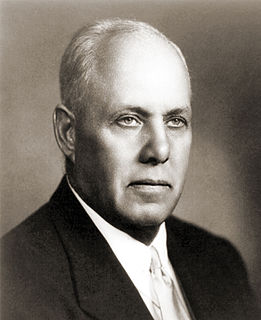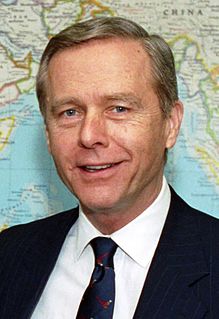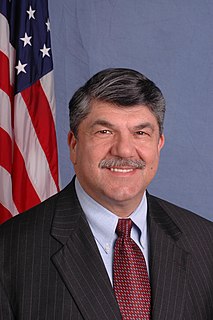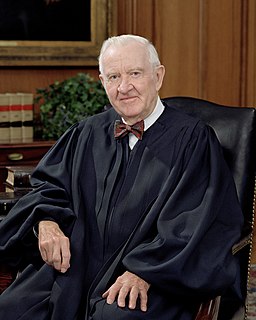A Quote by Abe Fortas
It can hardly be argued that either students or teachers shed their constitutional rights to freedom of speech or expression at the schoolhouse gate.
Related Quotes
Students and invited speakers do not shed their constitutional rights when they step up to the graduation podium. Expressing faith in God does not disqualify a student from delivering a graduation message. Being designated as valedictorian or salutatorian is an honor, and students chosen for that honor should be free to share their gratitude to God with their fellow students and family members.
Students throughout the totalitarian world risk life and limb for freedom of expression, many American college students are demanding that big brother restrict their freedom of speech on campus. This demand for enhanced censorship is not emanating only from the usual corner - the know-nothing fundamentalist right - it is coming from the radical, and increasingly not-so-radical left as well.
One cannot have a trade union or a democratic election without freedom of speech, freedom of association and assembly. Without a democratic election, whereby people choose and remove their rulers, there is no method of securing human rights against the state. No democracy without human rights, no human rights without democracy, and no trade union rights without either. That is our belief; that is our creed.
I say let's go back to a truer use of the word 'freedom.' Let's start with President Franklin Roosevelt's Four Freedoms: freedom of speech and expression, freedom of worship, freedom from want and freedom from fear. I would add the freedom to bargain collectively. Those freedoms are under attack today.
As a matter of constitutional tradition, in the absence of evidence to the contrary, we presume that governmental regulation of the content of speech is more likely to interfere with the free exchange of ideas than to encourage it. The interest in encouraging freedom of expression in a democratic society outweighs any theoretical but unproven benefit of censorship.
